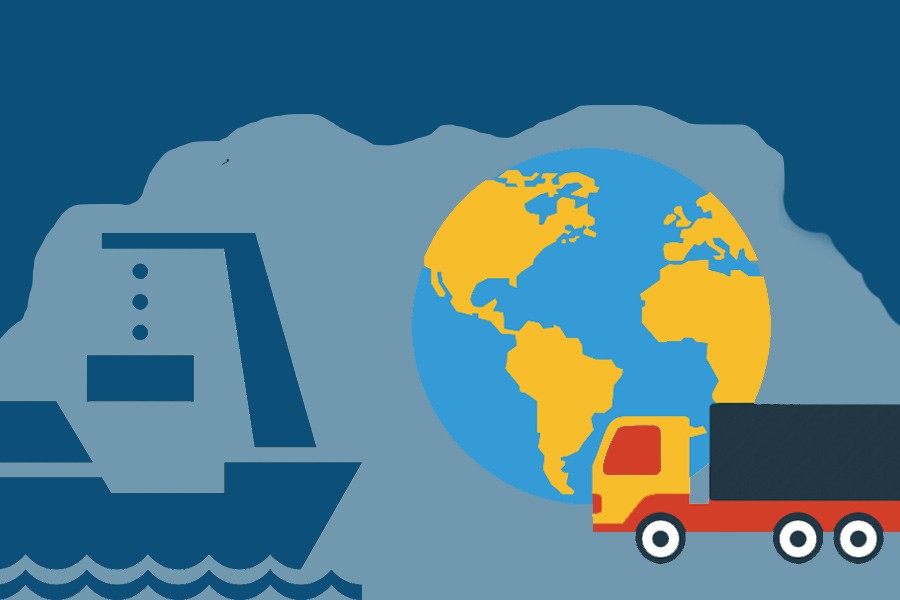The launch of $10 million fund by the government to offer matching grant facility under Export Readiness Fund (ERF) aimed at selecting export sectors should be considered a welcome move, especially in time of the pandemic when many prime export sectors are experiencing difficulties in marketing their products. The sectors included for funding include leather and leather goods, footwear (both leather and non-leather), plastic, and light engineering. The ERF is a programme under the Export Competitiveness for Jobs (EC4J) project, under the Ministry of Commerce and funded by the World Bank Group.
Initially launched in January 2020, the project is now set to provide fund and guidance to businesses to meet environmental, social, and quality (ESQ) compliance standards. The fund aims at helping businesses to identify constraints, upgrade products and processes, and diversify product range to have better access to export markets. The funding facility will be available under two 'windows'.
Since the fund is a matching grant facility, it will be available to those enterprises under the four selected sectors subject to matching arrangement. That is to say, recipient's contribution is a precondition for availing the fund. The maximum grant size under window-1 is $200,000, with 50 per cent minimum as recipient's contribution. The Window-2 will provide smaller grants for product development and technical services to meet ESQ standards. The maximum grant size under this window is $40,000, with 40 per cent minimum required as recipient's contribution. Both the windows will support upgrading of production plants, equipment, and services as well as improvement of design and quality of products to be able to access target markets meeting all compliance norms. Additionally, the project will support marketing and distribution to promote ESQ compliance and environmental and social benefits of products, internal management and also help companies to receive ESQ certification. It has been learnt that ERF Window-1 will fund ESQ assessments for 400 companies. Agreements with 165 companies have already been signed and another 183 companies are in the process of signing.
It may be noted in this context that matching grant is an innovation of the World Bank, successfully practised in many developing countries, particularly in Latin America in the last century. In Bangladesh, too, way back in late nineties a project was undertaken covering some selected export sectors including garment. Now that the WB and the government are well set to proceed with a similar project, it is important to recall past experiences in rendering the project beneficial to the target export sectors. One must not question the selection of the export sectors given the high potential of growth and upgrading in respect of each of them. While leather and leather goods being one of the country's prime export sectors, now fraught with some difficulties, is expected to considerably benefit from the project, inclusion of plastic and light engineering is no doubt a very well thought-out idea, and plans to help these two sectors in a befitting manner will definitely be highly rewarding. There are of course many pros and cons to consider, and assessing the real needs of the enterprises will require adequate expertise for product development and upgrading in keeping with the overseas market needs.


